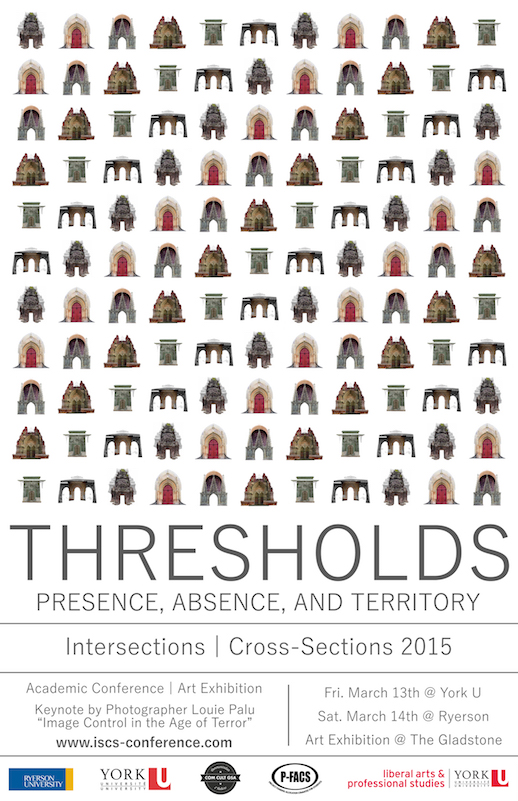Youth Engagement and the Colbert Nation: From Passive Consumer to Passively-Active Viewer
DOI:
https://doi.org/10.25071/1718-4657.36751Abstract
The youth of today have been cast in a state of temporality, with no way of knowing whether their condition is permanent or transitionary. Today’s youth are regarded as a low priority by politicians, and scholars and policymakers often view this dis- connection as a crisis in citizenship within advanced industrial democracies. is disengagement from electoral politics has contributed to several underlying issues, such as, a feeling of alienation from the political process, and a growing disinterest toward the political system. However, young people are now engaging in non- electoral forms of civic and political engagement, such as, participatory culture, which facilitates space for political and civic youth mobilization, and this, in turn, promotes democratic values of involvement.
This paper examines the institutionalization of political media satire, with a speci c focus on the commodi cation of the content found on The Colbert Report. I will explore the role of institutionalized political satire within hegemonic institutions, and argue that TCR creates a viewership based on the fetishism of commodities. However, where fetishism often generates passive reception, I argue that the com- modi cation of political content and TCR fandom culture generates a passively- active viewer, and facilitates a space for youth engagement. For reasons discussed, it remains an open question whether young people will take full advantage of the political knowledge and awareness gained from watching TCR, and whether this will lead to future political advocacy.
Keywords: Colbert Report, civic engagement, political media e ects, political satire, political participation, youth participation.

